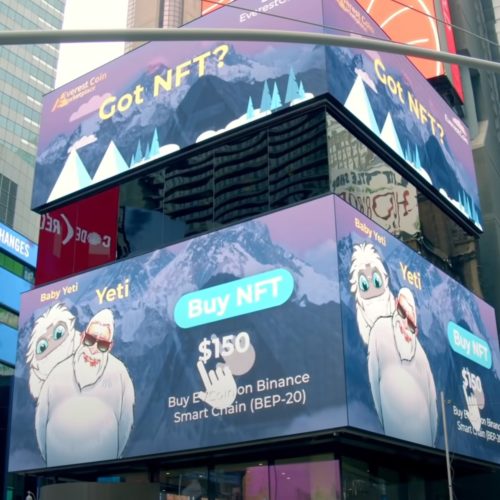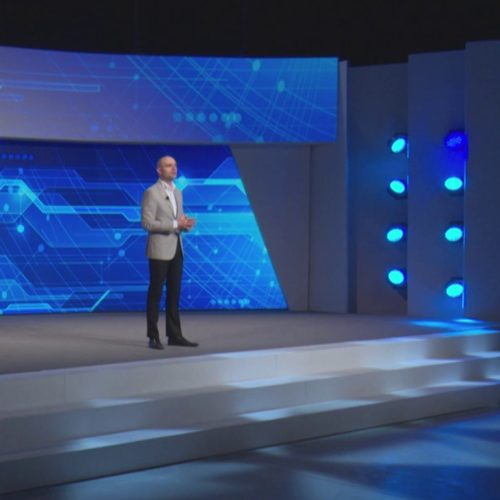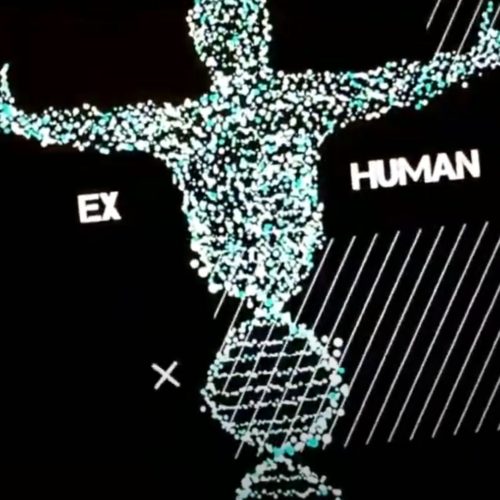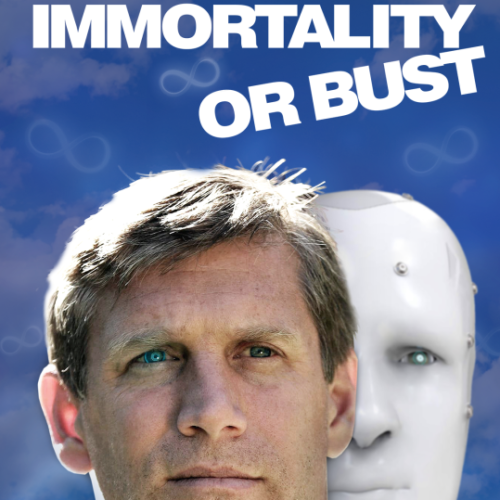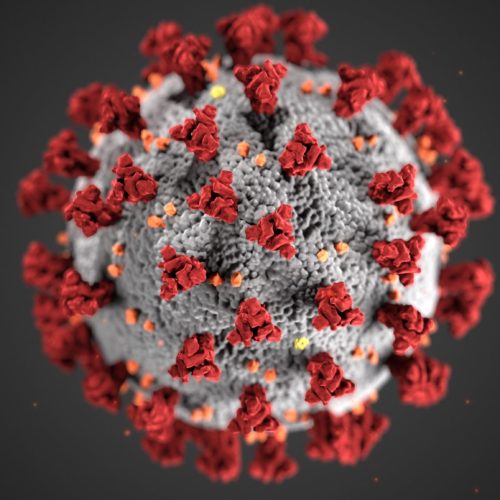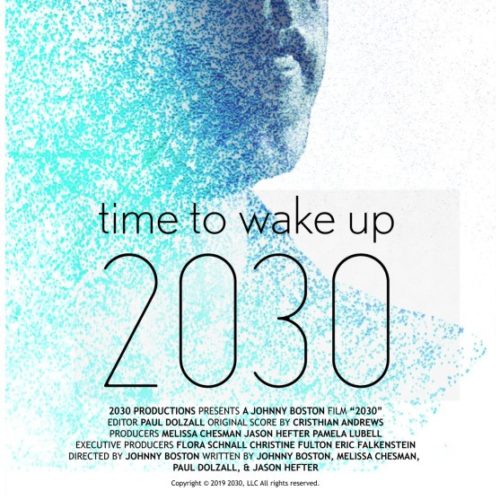Which will come first, social change or life extension?
Doug Lain / Op Ed
Posted on: April 15, 2016 / Last Modified: April 15, 2016
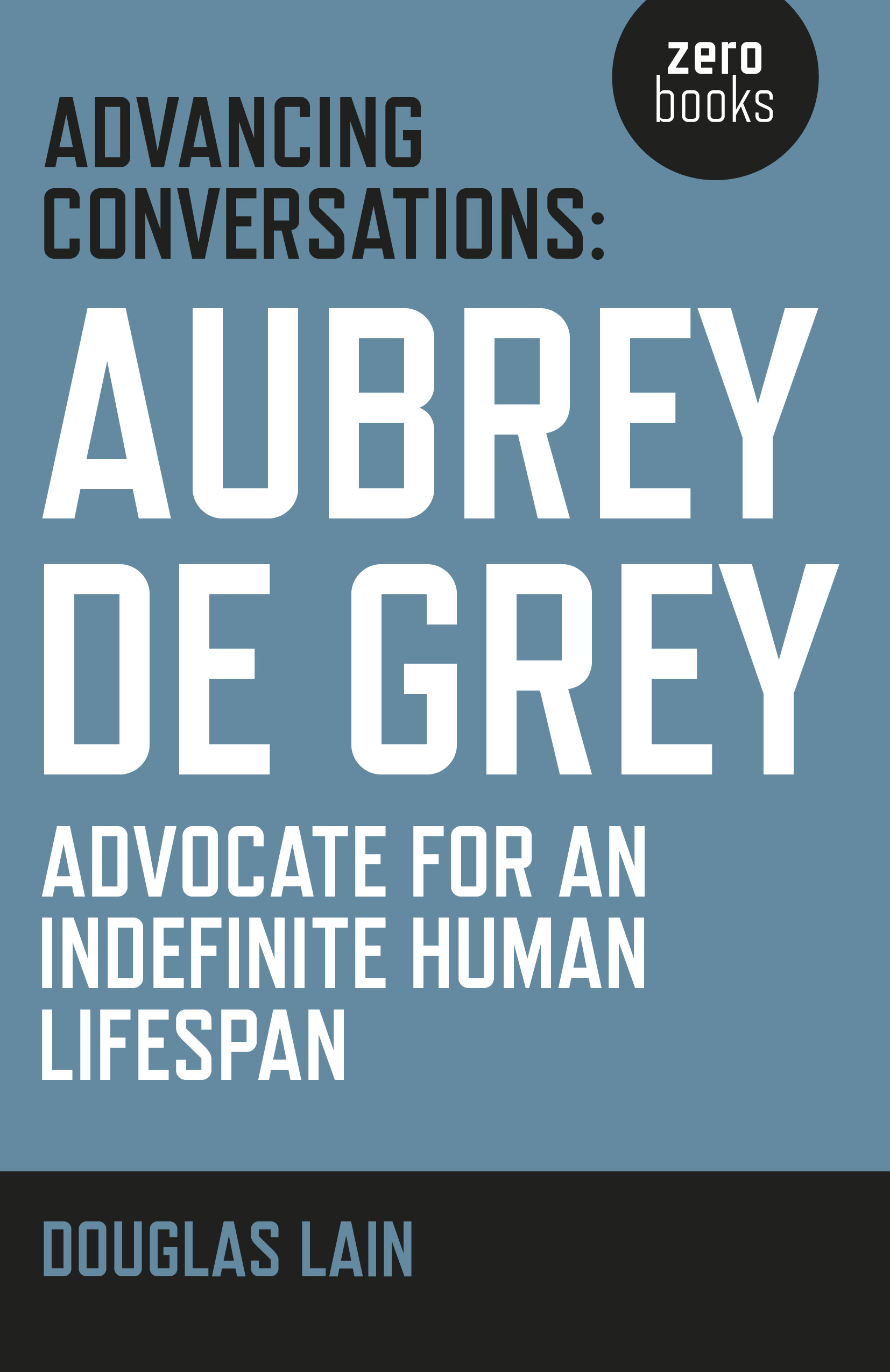 It may be hard to remember, but the aim of facilitating human progress, of expanding the range of human power and improving already established facilities, has historically been the defining aim of the political left. Today other aims seem more dominant. Our left is concerned with inequality, with correcting social attitudes, and with conserving the natural environment rather than with transforming the world and improving the fundamentals of the human condition. In an attempt to return to this more fundamental aim we at Zero Books have started a line of interview books called “Advancing Conversations” wherein our authors reach out to many different kinds of “progressives.” We are interested in techno optimists, left philosophers, modern artists, heterodox economists, and so on.
It may be hard to remember, but the aim of facilitating human progress, of expanding the range of human power and improving already established facilities, has historically been the defining aim of the political left. Today other aims seem more dominant. Our left is concerned with inequality, with correcting social attitudes, and with conserving the natural environment rather than with transforming the world and improving the fundamentals of the human condition. In an attempt to return to this more fundamental aim we at Zero Books have started a line of interview books called “Advancing Conversations” wherein our authors reach out to many different kinds of “progressives.” We are interested in techno optimists, left philosophers, modern artists, heterodox economists, and so on.
What we’ve discovered is that, if we on the left want to transcend society’s present circumstances and make substantial changes in the world, we’d do well to take transhumanists and techno-optimists seriously. But it’s also true that the techno-optimist vision needs the critiques and ideas usually associated with the left.
For example, towards the end of the upcoming interview book Advancing Conversations: Aubrey De Grey – Advocate For An Indefinite Human Lifespan the radical biomedical gerontologist describes some of the roadblocks and problems that plague the scientific community, and he states how his research group SENS was founded as an attempt to get around these problems.
De Grey says, “Most scientists are ultimately careerists. They may have been idealists at the beginning of their careers but they lose their ideals very quickly under the tyranny of the system. The fact of having to bloody, you know, get their next grant funded. Get their next promotion. Get their PHD students and postdocs in a position to get promoted themselves, and so on…If you get a senior scientist wickedly drunk and you ask them to give you a straight answer with regard to whether they’re actually doing what they’d like to do, whether they’re doing the science that they would do if they had unlimited funds that were completely secure and under their own control indefinitely, then they will tell you no way. They will tell you that they are compromising all the time, in terms of what they are actually choosing to do.
The whole reason that SENS exists is precisely because we need this compromise not to happen. We go out and get money and we spend it the way we think it needs to be spent.”
Imagine how much sooner we’d be able to accomplish indefinite life extension if the problems Aubrey de Grey describes were overcome. Imagine how much faster, how much more progress, we’d have if we didn’t live in a society wherein even the most accomplished and elite people end up doing work they do not care about. Ask yourself, is this social order that limits the imagination and abilities of people in the service of economic and political imperatives that are outside of anyone’s control, inevitable or natural? Is it more difficult to imagine overcoming the logic of our own institutions than it is to overcome the biology of aging?
De Grey was chosen as the subject for the first book because he and his project are extremely optimistic and forward looking. He was chosen because the editors and authors at Zero Books hope to combat pessimism on the left, to work against a backwards looking negativism that has become nearly toxic. And yet, during this conversation with de Grey it became clear that the scientific progress we hoped might serve as antidote and inspiration for us was not entirely untouched by the social, economic, and political problems that we’d grown accustomed to railing against.
The left and the techno-optimists need each other. As great as scientific and technological advances have been within this society, there are many ways wherein science and technology is limited by our political and economic systems. Careerism in the scientific community is just one example. Optimism about reshaping our society, about overcoming our political and economic alienation, might well be as necessary as optimism about technology if Aubrey de Grey and others are going to win the day.
About the Author:
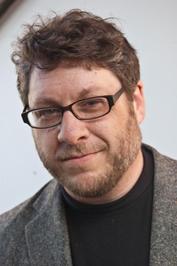 Douglas Lain is a science fiction writer whose recent novel “After the Saucers Landed” was nominated for the PKD award. He is also the publisher of a critical theory imprint called Zero Books and the voice behind the Zero Squared podcast.
Douglas Lain is a science fiction writer whose recent novel “After the Saucers Landed” was nominated for the PKD award. He is also the publisher of a critical theory imprint called Zero Books and the voice behind the Zero Squared podcast.
Related Articles
- A Video Introduction to Aubrey de Grey: Renowned Gerontologist Moves Away from Immortality
- Aubrey de Grey on Singularity 1 on 1: Better Funding and Advocacy Can Defeat Aging
- Aubrey de Grey’s Singularity Podcast: Longevity Escape Velocity May Be Closer Than We Think
- The Debate of the Ages: This House Wants to Defeat Ageing Entirely
- The Immortalists: David Alvarado and Jason Sussberg on Singularity 1 on 1


